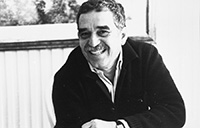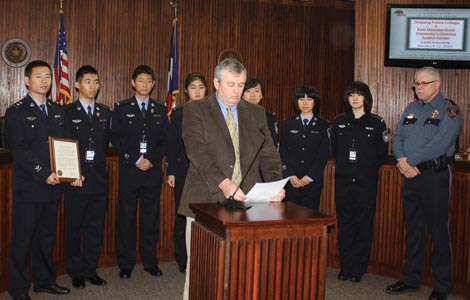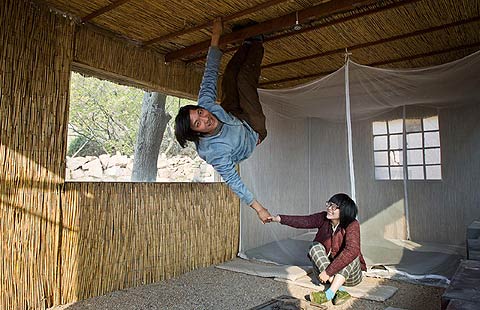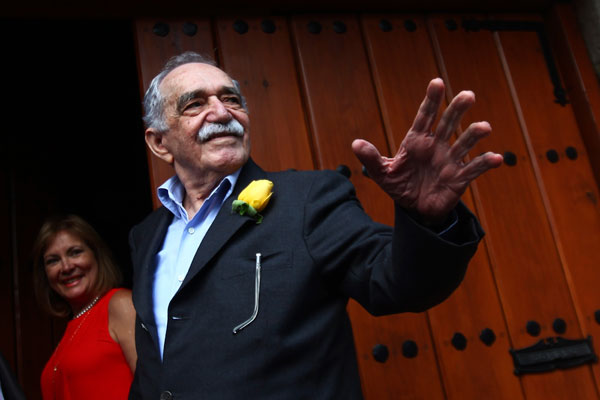Marquez, master of magical realism, dies at 87
Updated: 2014-04-18 07:40
(Agencies)
|
||||||||
Magic and reality
Garcia Marquez was one of the prime exponents of magical realism, a genre he described as embodying "myth, magic and other extraordinary phenomena."
 |
| In photos: Life of Garcia Marquez |
"In his novels and short stories we are led into this peculiar place where the miraculous and the real converge. The extravagant flight of his own fantasy combines with traditional folk tales and facts, literary allusions and tangible - at times obtrusively graphic - descriptions approaching the matter-of-factness of reportage," the Swedish Academy said when it awarded Garcia Marquez the Nobel Prize in 1982.
Although One Hundred Years of Solitude was his most popular creation, other classics from Garcia Marquez included Autumn of the Patriarch, Love in the Time of Cholera and Chronicle of a Death Foretold.
He admired Franz Kafka's "Metamorphosis" and was also influenced by esteemed Latin American writers Juan Rulfo of Mexico and Argentina's Jorge Luis Borges.
US author William Faulkner inspired Garcia Marquez to create "the atmosphere, the decadence, the heat" of Macondo, named after a banana plantation on the outskirts of Aracataca.
"This word had attracted my attention ever since the first trips I had made with my grandfather, but I discovered only as an adult that I liked its poetic resonance," he wrote in his memoirs, Living to Tell the Tale.

 Runners and their 4-legged friends race in New York
Runners and their 4-legged friends race in New York
 Top 10 Chinese Internet firms eyeing IPOs in US
Top 10 Chinese Internet firms eyeing IPOs in US
 Chinese cop cadets learn about US police work
Chinese cop cadets learn about US police work
 In Boston, warming up for, remembering marathon day
In Boston, warming up for, remembering marathon day
 Families of missing passengers face agonising wait
Families of missing passengers face agonising wait
 Couple leave the city for 'Self-sufficiency Lab'in mountains
Couple leave the city for 'Self-sufficiency Lab'in mountains
 Turning waste into something valuable
Turning waste into something valuable
 Dignitaries put their foot down
Dignitaries put their foot down
Most Viewed
Editor's Picks

|

|

|

|

|

|
Today's Top News
Scientists discover most earth-like planet
UN celebrates 2014 Chinese Language Day
4th US Navy official charged in bribery scheme
Nobel winner Marquez dies at 87
Chinese keen on Google Glass
Ferry's captain under probe
Texas seizes polygamist group's secluded ranch
In Boston, people remembering marathon day
US Weekly

|

|








